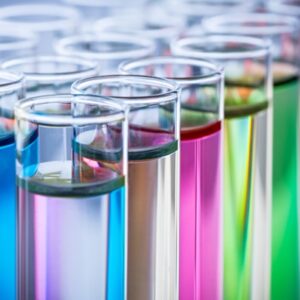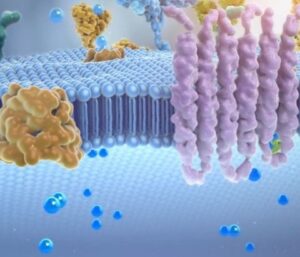Homepage
Advancing the Latest Science to Improve Public Health
Translating Research in Toxicology
Chemical Toxicity

Chemicals are important in our daily living. However, sometimes there can be ‘too much’ of a good thing. In toxicology, we often say that “the dose makes the poison”. Our research seeks to find clues as to why some chemicals damage one tissue, but not another. Moreover, why are some chemicals toxic to some people, but not others.
Using a variety of scientific approaches, we are identifying the reasons that underlie differences in chemical toxicities. Sources of these differences can be a result of our genetics, diet, environment, and more.
Membrane Transporters

Drugs and chemicals are often too large to enter and exit cells unassisted. Transporter proteins can be used as gates that regulate which chemicals enter and leave cells. In fact, the Solute Carriers (SLC) are proteins that can regulate the uptake or removal of chemicals from cells or organelles. In addition, the ATP-binding cassette transporters (ABC) function as efflux pumps that remove chemicals from the cell.
These efflux pumps are expressed in the placenta and participate in maternal-fetal xenobiotic disposition, thereby protecting the developing fetus from toxicant exposure.
Latest Posts
Rutgers Team Tackles NJ’s High Rate of Pregnancy Complications by Targeting the Placenta
When Lauren Aleksunes was a CVS pharmacist, pregnant women would often ask her questions about whether a certain dietary supplement was safe to take or even if a brand of … Read More
U. Researchers Receive $5 Million Grant to Study Placenta’s Relationship to Early Infant Development
On October 30, Rutgers, along with Tulane University, the University of Pennsylvania, the University of North Carolina at Chapel Hill and the University of Rochester, announced a collaborative research center … Read More
How Food, Health Products Affect Pregnancy: NJ Researchers Examine Placenta
Rutgers University is teaming up with other top schools to launch a research center funded with a $5 million grant by the National Institutes of Health to find out how … Read More